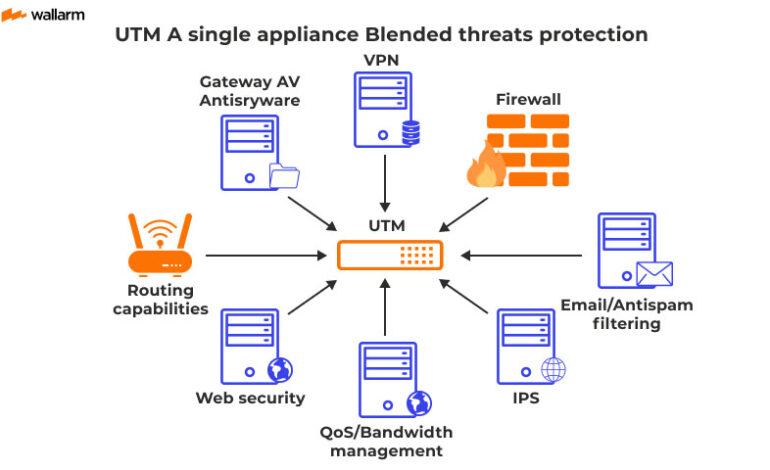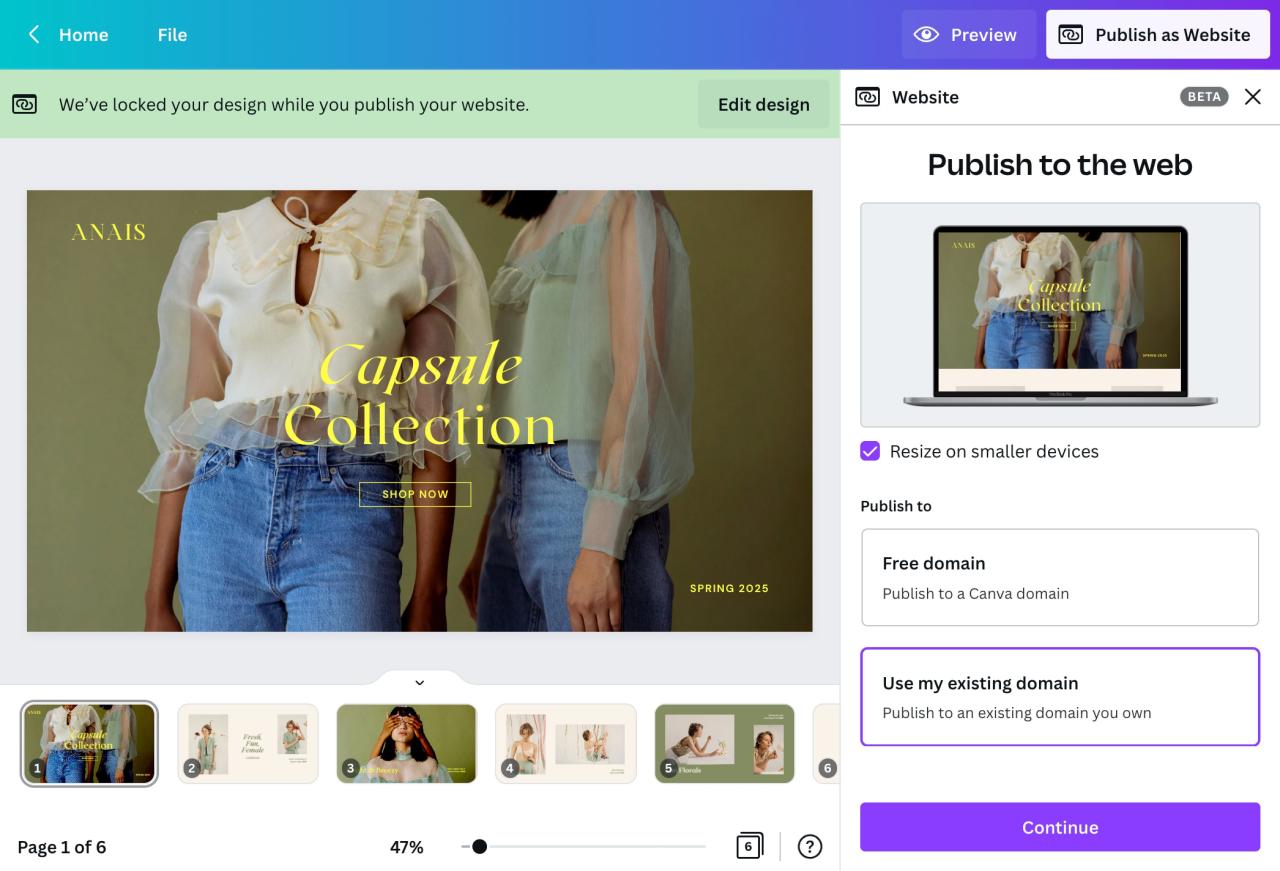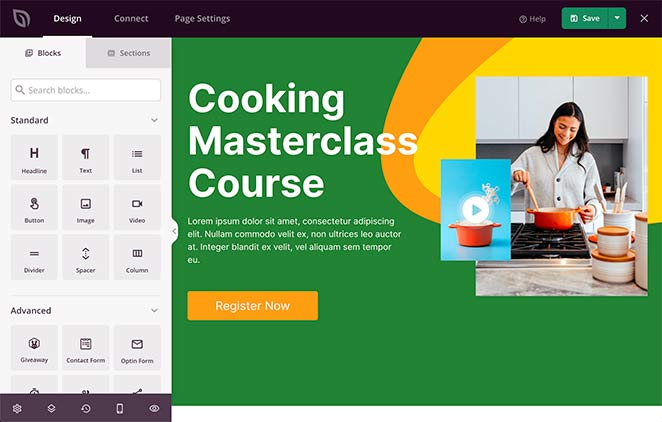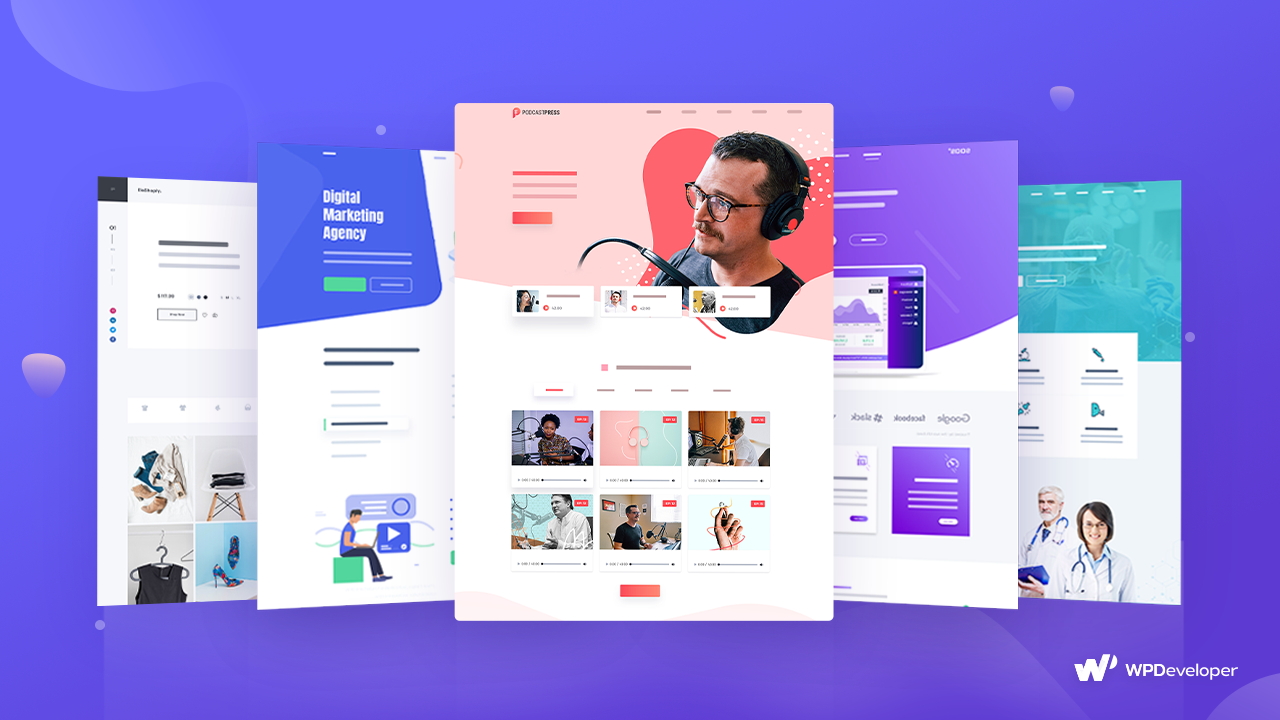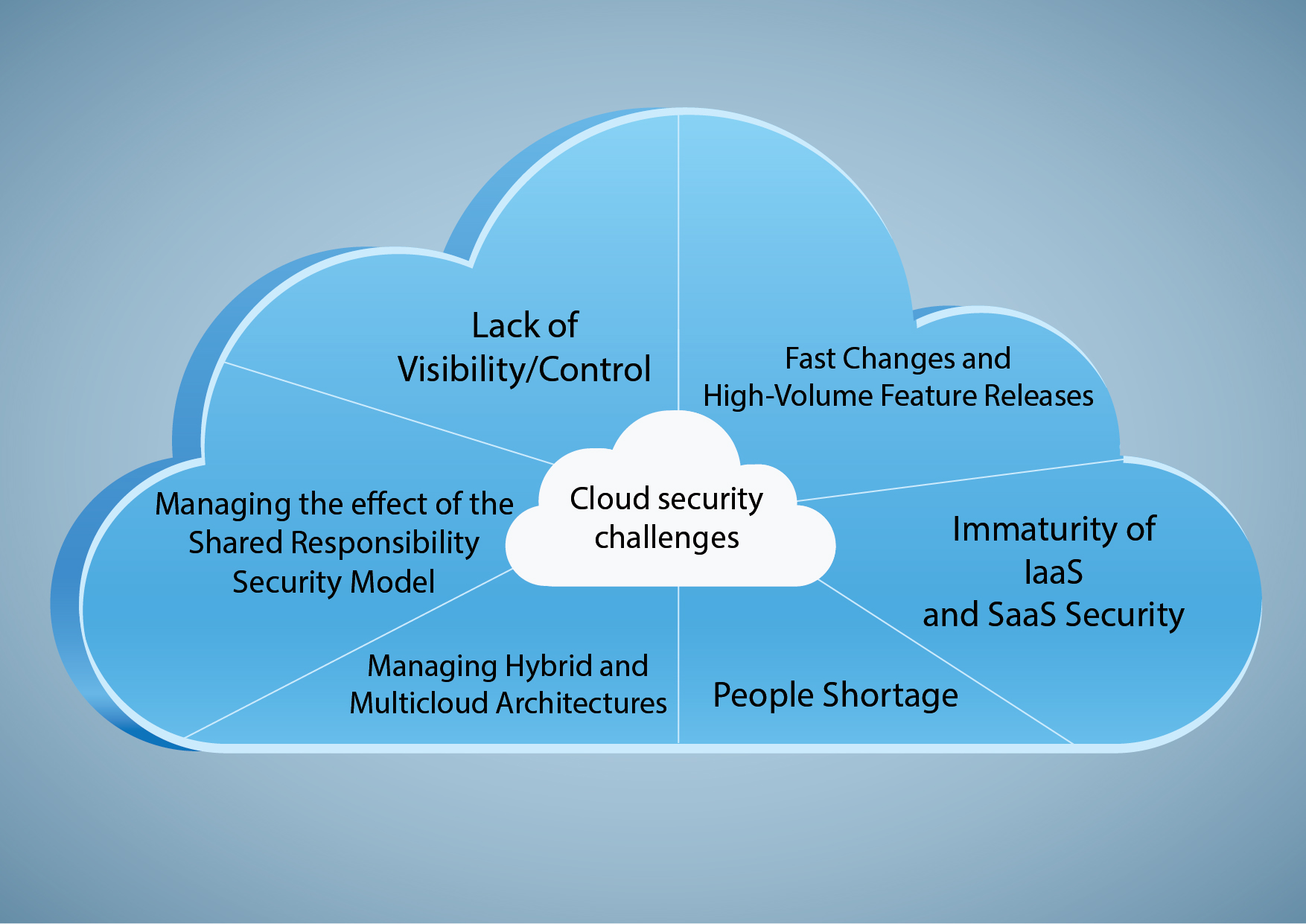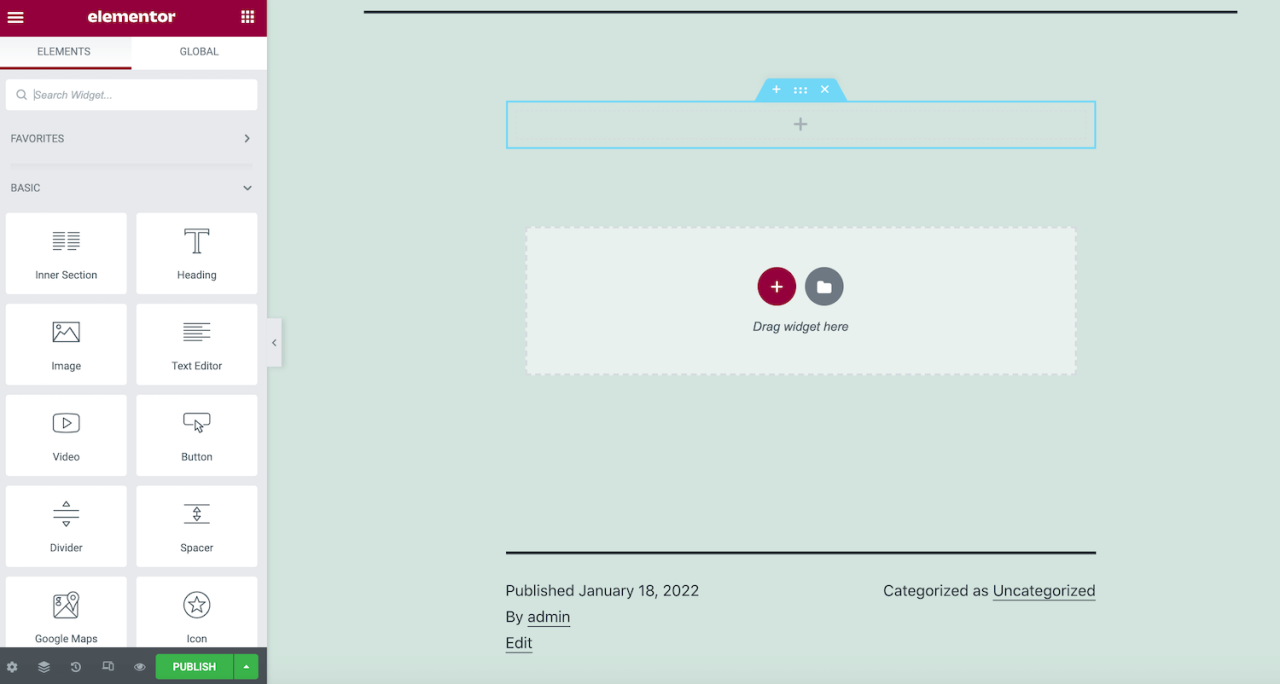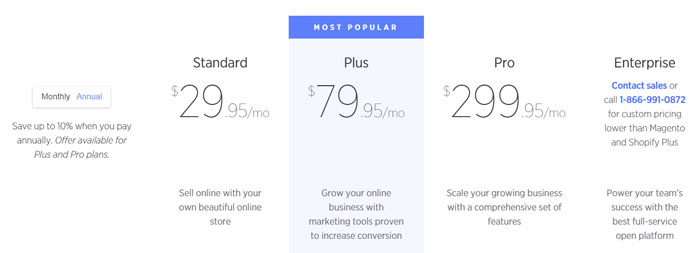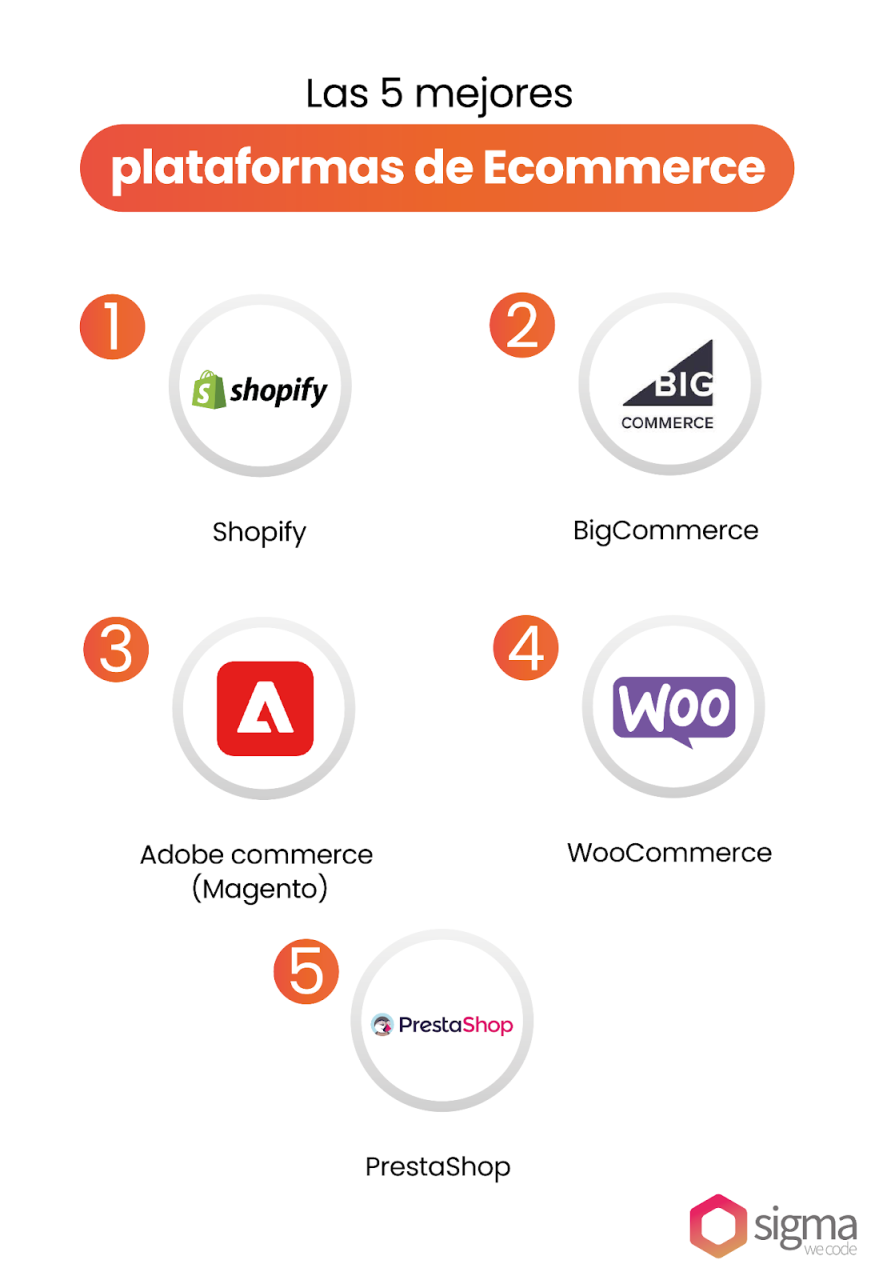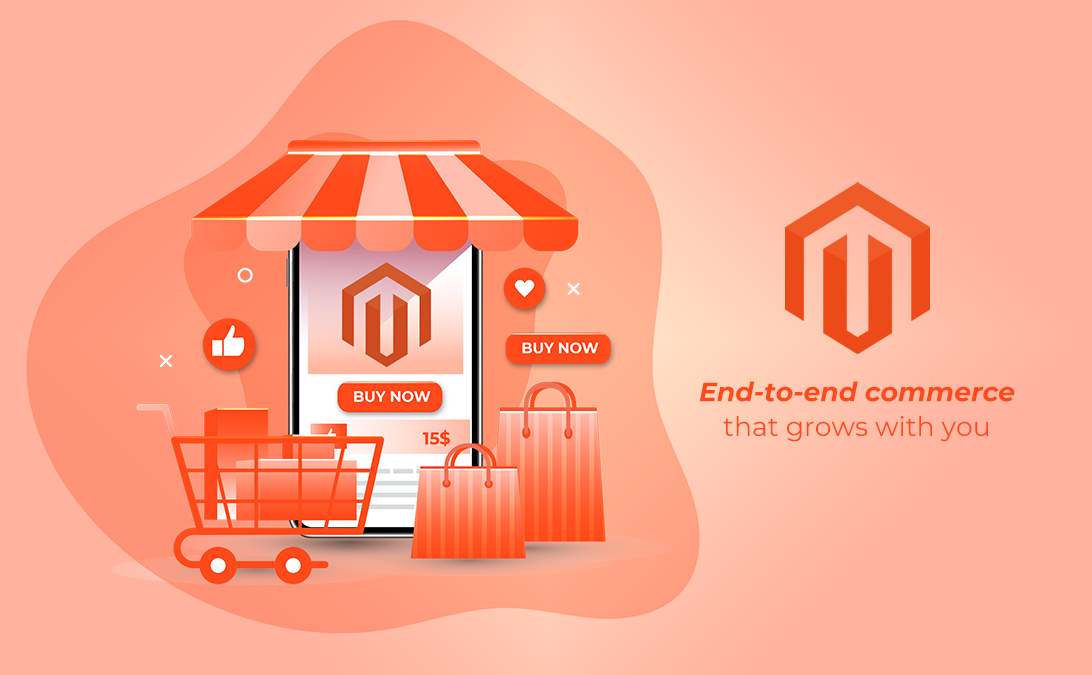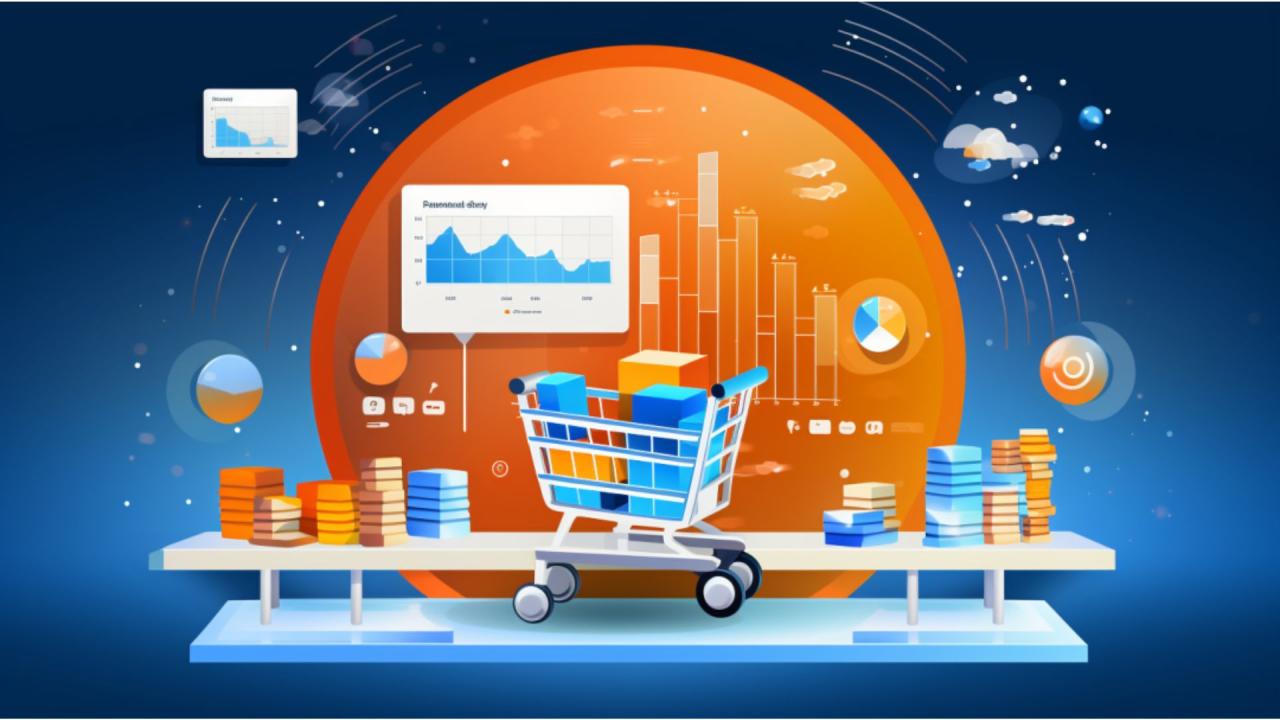B2B Ecommerce Platforms
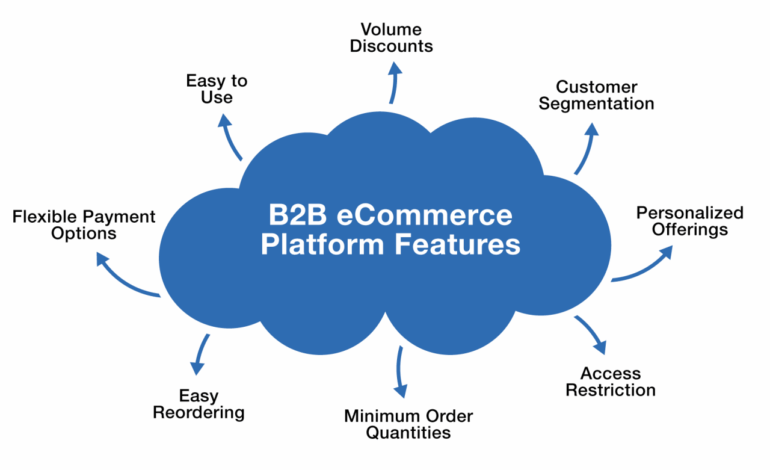
Did you know that B2B ecommerce is projected to outstrip B2C in sales within the next few years? In today’s rapidly evolving business landscape, B2B ecommerce platforms have become indispensable tools for companies looking to streamline operations, expand their reach, and ultimately, boost their bottom line.
But navigating the complex world of B2B online sales can be daunting. Choosing the right platform – one that aligns with your specific needs and supports your growth trajectory – is critical. This article serves as your guide, demystifying the landscape of B2B ecommerce platforms.
We’ll explore the key functionalities to look for, discuss the common challenges businesses face when transitioning online, and offer insights to help you select the platform that will best empower your B2B success. Get ready to unlock the potential of online B2B sales and discover how the right platform can transform your business.
Choosing the Right B2B E-commerce Platform: A Comprehensive Guide
Navigating the world of B2B e-commerce can feel like traversing a complex maze. Many platforms promise streamlined operations and boosted sales, but finding the perfect fit requires careful evaluation.
This guide unpacks the key considerations, helps you assess your business needs, and guides you toward a platform that truly empowers your growth.
Selecting the correct B2B e-commerce solution is a huge decision. Get it right, and you’ll see improved efficiency and expanding revenue. Getting it wrong? It’s wasted investment, and it can set your business back.
We’ll explore the crucial features to seek, the pricing models to understand, and the integration capabilities that will smooth your path to success. Let’s get started!
Understanding Your B2B E-commerce Needs
Before diving into platform features, take a step back and analyze your current business processes. Identify the pain points that e-commerce can solve.
What are your specific requirements? Consider your product catalog’s complexity, the nature of your customer relationships, and your order fulfillment processes. These form the bedrock of your platform choice.
Think about your future aspirations. Where do you see your business in five years? Select a platform that’s not only a good fit now, but will also scale with your growth.
Consider elements such as customization options, customer account management features, and the need for personalized pricing or volume discounts. These unique features truly reflect your company needs.
Moreover, you must also identify your inventory and logistics requirements. If you’ve got a great e-commerce platform that cannot deliver your products on time, then what’s the point?
Essential Features of a Top-Tier B2B E-commerce Platform
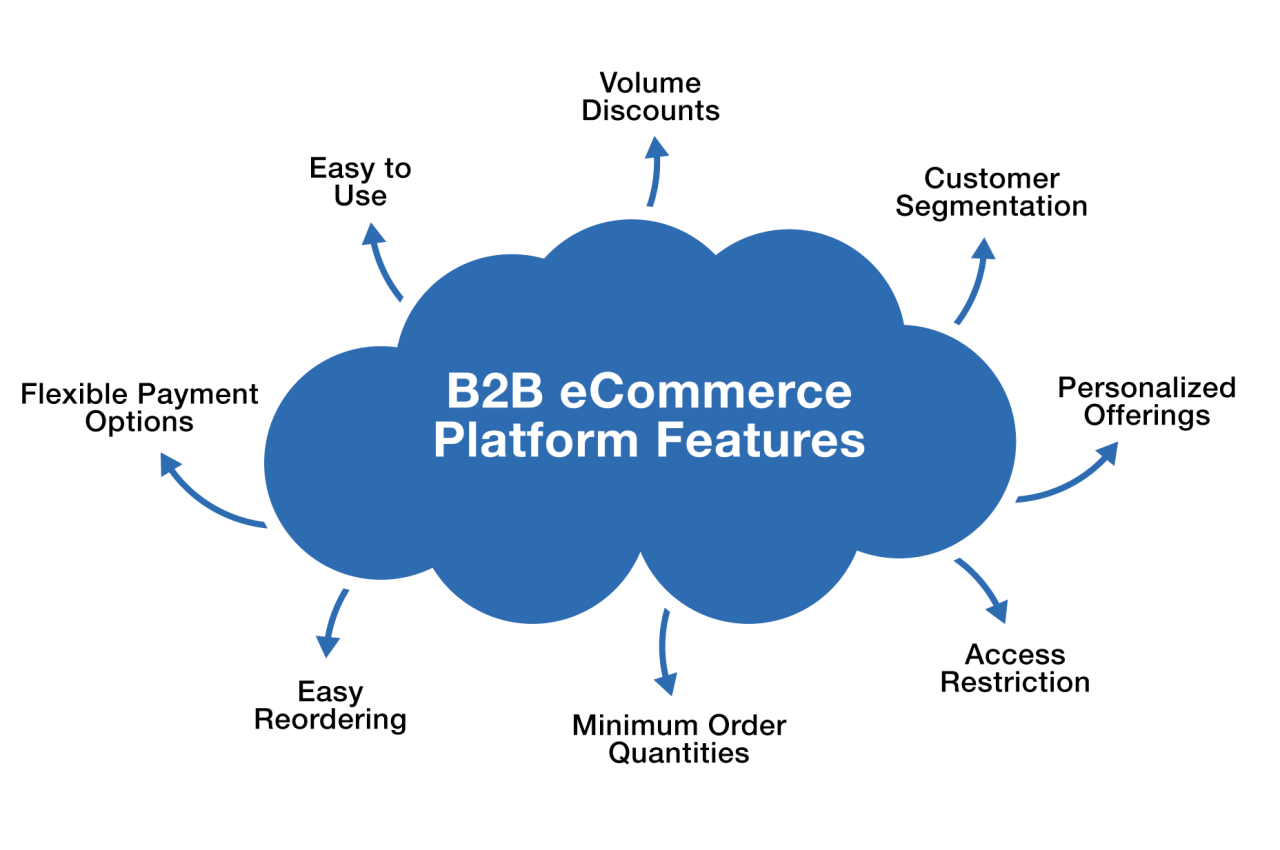
A robust B2B e-commerce platform goes beyond simply listing products online. It offers a suite of features designed to cater to the unique demands of business buyers.
Look for advanced account management tools that allow customers to manage multiple users, set permissions, and track order history. This streamlines their purchasing process.
Personalized pricing and promotions are crucial for rewarding loyal customers and incentivizing larger orders. The platform should enable tailored offers.
Consider features like quote management, volume discounts, and custom catalogs. These cater to the specific buying behaviors of B2B customers. Order approvals are also vital.
Detailed product information is vital. Include specifications, data sheets, high-resolution images, and even videos. The more details the customer has, the more comfortable they are.
Integration Capabilities: Connecting Your E-commerce Ecosystem
A B2B e-commerce platform doesn’t exist in isolation. It needs to seamlessly integrate with your existing systems, like your CRM, ERP, and accounting software.
Seamless integration ensures data flows smoothly between different systems. It avoids manual data entry and eliminates the risk of errors. It also prevents siloed data.
Consider the availability of APIs and pre-built integrations with your key business applications. This streamlines implementation and reduces the need for custom development.
Think about integrations with shipping carriers and payment gateways. This simplifies order fulfillment and provides customers with a seamless checkout experience. Your life will be much easier with these!
Furthermore, look for platforms that offer integration with marketing automation tools. This will allow you to personalize customer communication and improve marketing efforts.
Evaluating Pricing Models and Total Cost of Ownership
Pricing structures for B2B e-commerce platforms vary significantly. It’s crucial to understand the different models and how they impact your bottom line.
Some platforms charge a subscription fee based on the number of users or transactions. Others offer a percentage-based commission on sales. Some have a hybrid approach.
Don’t forget to factor in the cost of implementation, training, and ongoing maintenance. These hidden costs can significantly increase the total cost of ownership.
Consider your long-term needs and projected growth when evaluating pricing models. Select a model that aligns with your business goals and offers scalability.
Remember to inquire about additional fees for features, support, and integrations. These costs can creep up so make sure you get everything listed out.
Top B2B E-commerce Platforms: A Quick Overview
The B2B e-commerce landscape is crowded with various providers, each offering unique strengths and weaknesses. Here’s a brief look at some popular options:
Shopify Plus: A scalable platform ideal for businesses experiencing rapid growth. It offers extensive customization options and a wide range of apps.
Magento Commerce: An open-source platform with powerful features and flexibility. Requires more technical expertise to manage effectively.
BigCommerce: A user-friendly platform with a focus on marketing and conversion optimization. Suitable for businesses of all sizes.
SAP Commerce Cloud: A comprehensive solution for large enterprises with complex B2B requirements. Offers robust features and scalability.
Salesforce B2B Commerce: Designed for businesses already invested in the Salesforce ecosystem. Offers seamless integration and powerful CRM capabilities.
Making the Final Decision: A Step-by-Step Approach
Choosing a B2B e-commerce platform is a significant investment. Take a systematic approach to ensure you make the right decision.
Start by creating a detailed requirements document outlining your specific needs and priorities. Share this with potential vendors.
Request demos from several platforms to see their features in action and assess their user-friendliness. Don’t be afraid to ask questions.
Talk to other businesses in your industry who are using the platforms you’re considering. Their feedback can be invaluable.
Carefully evaluate the pricing, integration capabilities, and scalability of each platform. Don’t rush the decision-making process. Good luck!
